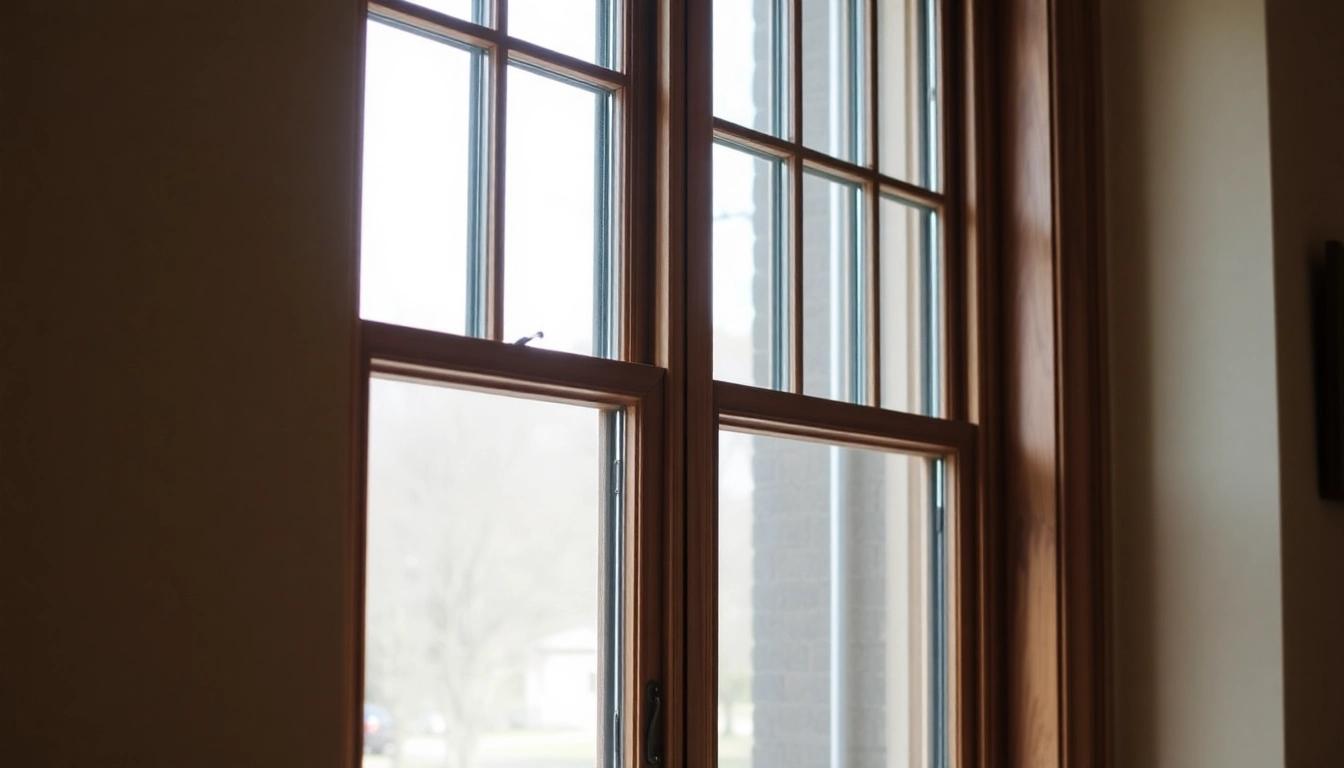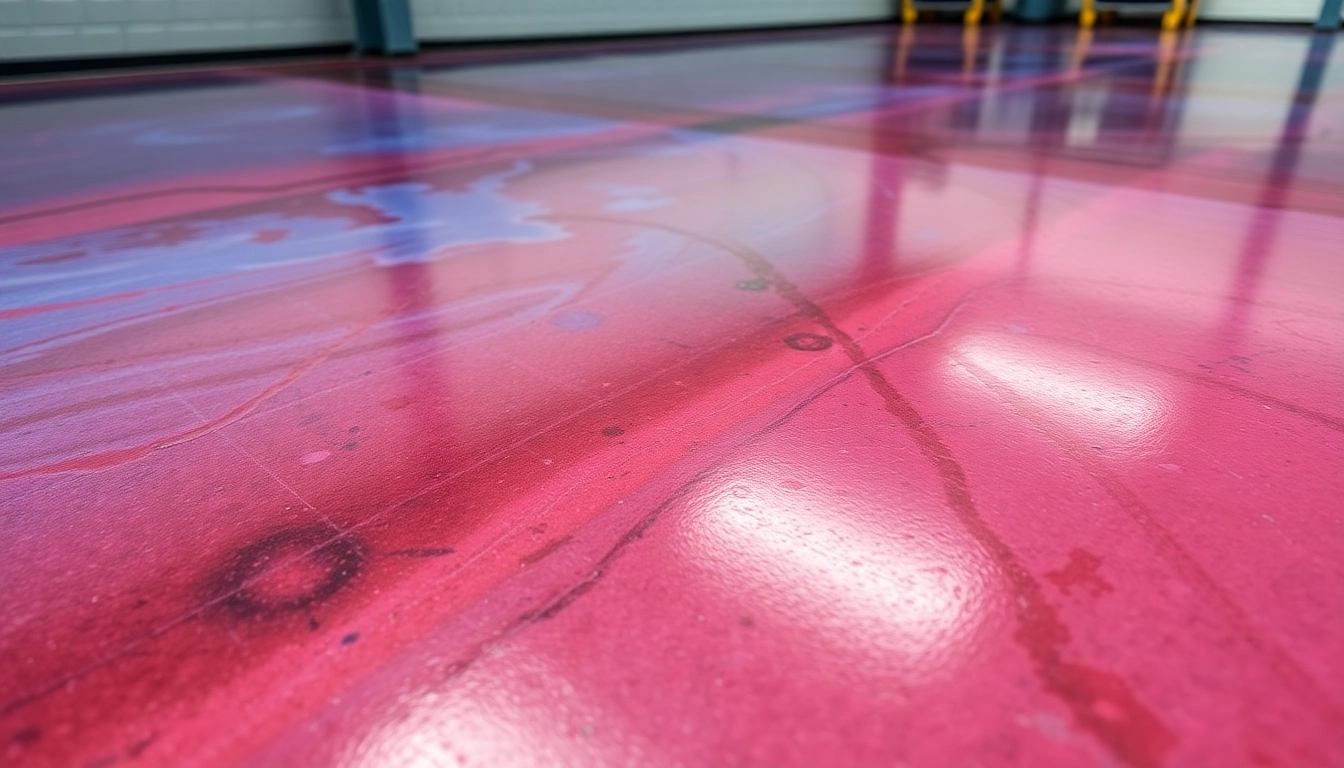
Understanding Bespoke Sash Windows
What Are Bespoke Sash Windows?
Bespoke sash windows are custom-designed windows that reflect your specific aesthetic preferences and functional requirements. These windows are traditionally characterized by an upper and lower movable sash, which slides vertically, allowing for excellent ventilation and an unobstructed view. Unlike standard window options, bespoke sash windows can be tailored in size, material, and design to fit your home perfectly.
When homeowners choose bespoke sash windows, they invest in a product that is made to meet their exact specifications. Whether it’s the type of wood, glass, or finish, the possibilities are endless.
Benefits of Choosing Bespoke Sash Windows
Opting for bespoke sash windows comes with numerous advantages, including:
- Customization: Homeowners can choose dimensions, materials, and finishes that perfectly complement their home’s architecture.
- Energy Efficiency: Bespoke designs can incorporate modern technology such as double glazing, enhancing insulation and reducing energy bills.
- Aesthetic Appeal: With bespoke options, you can ensure that the windows add character and style to your home.
- Increased Property Value: Quality bespoke sash windows can significantly enhance the market value of your home.
- Durability: Custom windows are often constructed using high-quality materials, leading to improved lifespan and reduced need for repairs.
Common Materials Used in Bespoke Sash Windows
The choice of material is critical in crafting bespoke sash windows. Some of the most common materials include:
- Timber: Traditionally used for its natural beauty and versatility, timber sash windows can be painted or stained in various colors.
- Aluminum: Known for its strength and longevity, aluminum allows for thinner frames and is often used for contemporary designs.
- uPVC: This material offers excellent insulation and requires little maintenance while being highly customizable.
The choice of material can affect the overall appearance of the windows, as well as their thermal efficiency, maintenance requirements, and cost.
Tailoring Your Bespoke Sash Windows Design
Customizing Features and Styles
Customizing features is one of the most exciting aspects of designing bespoke sash windows. Various elements can be adjusted to reflect your personal taste and the style of your home:
- Window Size: Whether you want larger windows for more light or smaller ones for narrower spaces, bespoke allows for precise sizing.
- Sash Configuration: You can opt for a single or double-hung style, offering flexibility in operation.
- Grilles and Muntins: These can enhance the character of your windows, giving them a traditional or modern look.
- Hardware: Choosing unique finishes for locks, handles, and pulls adds a personal touch to your windows.
Exploring Energy Efficiency Options
As energy efficiency becomes a priority for many homeowners, bespoke sash windows can incorporate features designed to reduce energy consumption:
- Double Glazing: Utilizing two panes of glass creates an insulating barrier, reducing heat loss.
- Low-E Glass: This glass has a special coating that reflects heat back into the home, further enhancing insulation.
- Weatherstripping: Proper seals can prevent drafts, improving overall energy efficiency.
By choosing energy-efficient features, homeowners not only save on energy bills but also contribute positively to the environment.
Color and Finish Choices for Your Sash Windows
The color and finish of bespoke sash windows play a pivotal role in defining the overall appearance of your home. Options include:
- Traditional Paints: Classic colors can enhance period homes, while modern shades can freshen up contemporary designs.
- Stains and Varnishes: Clear coatings can highlight the natural beauty of wood while protecting it from the elements.
- Coatings for uPVC and Aluminum: Durable finishes are available in various colors, ensuring longevity and minimal maintenance.
The Installation Process for Bespoke Sash Windows
Choosing the Right Professionals for Installation
Investing in bespoke sash windows requires skilled professionals for installation. Here are some tips for selecting the right team:
- Experience: Look for companies with a proven track record in bespoke window installation.
- Credentials: Ensure they are licensed and insured, providing peace of mind during the project.
- Portfolio: Review previous projects to gauge their craftsmanship and aesthetic range.
- Client Reviews: Testimonials from former clients can provide insights into their professionalism and service quality.
- Guarantees: It’s essential to inquire if they offer warranties on both materials and installation.
Preparing Your Home for Sash Window Installation
Preparation plays a crucial role in the success of your bespoke sash window installation:
- Accessibility: Clear pathways to the installation site will facilitate a smoother process.
- Protection: Move or cover furniture and furnishings near the installation area to prevent damage.
- Communicate: Discuss specific needs with your installers, including timelines and any potential disruptions.
Post-Installation Maintenance Tips
To ensure the longevity of your bespoke sash windows, consider these maintenance tips:
- Regular Cleaning: Use mild soap solutions to keep frames and glass clear of dirt and debris.
- Inspect Seals: Check for air leaks or deterioration and repair them promptly—a critical step for energy efficiency.
- Lubricate Moving Parts: Regularly lubricate the window tracks and hinges to ensure smooth operation.
Comparing Costs of Bespoke Sash Windows
Factors Influencing Bespoke Sash Windows Pricing
The cost of bespoke sash windows can vary significantly based on several factors:
- Material Choice: Timber often costs more than uPVC or aluminum but offers superior aesthetics.
- Size and Complexity: Larger windows or intricate designs will typically demand higher labor costs.
- Energy Efficiency Features: Advanced glazing and insulation options can raise the overall price.
- Installation Requirements: The complexity of the installation may influence labor charges.
Budgeting for Your Custom Windows
Setting a realistic budget is essential when planning for bespoke sash windows. Here are some budgeting tips:
- Get Multiple Quotes: Always seek quotes from several suppliers or contractors to compare pricing.
- Consider Long-Term Savings: Investing in energy-efficient windows can save money on energy costs over time.
- Plan for Additional Costs: Account for potential expenses like installation and maintenance when budgeting.
Financing Options for Your Bespoke Windows
Financing options can ease the upfront costs of bespoke sash windows. Consider these possibilities:
- Home Improvement Loans: Many banks offer loans specifically for home improvements, often with competitive rates.
- Installment Plans: Some window manufacturers provide their own financing options, allowing you to pay over time.
- Government Grants: Explore potential grants aimed at improving energy efficiency, which may help offset costs.
Finding Quality Bespoke Sash Window Suppliers
Identifying Reputable Manufacturers
Finding a trustworthy supplier of bespoke sash windows is crucial for ensuring quality and durability. Here’s how to identify reputable manufacturers:
- Research Backgrounds: Look for companies with a long history in the industry and positive profiles.
- Certifications: Check for quality certifications that indicate adherence to industry standards.
- Showrooms: Visiting showrooms allows you to see products first-hand and consult with experts.
Reading Customer Reviews and Testimonials
Customer testimonials can offer valuable insights into a supplier’s quality and service. Consider the following:
- Look for Trends: Pay attention to recurring themes in reviews, both positive and negative.
- Check Third-Party Platforms: Websites like Trustpilot or Google Reviews can provide an unbiased look at customer satisfaction.
Questions to Ask Before Committing
Before finalizing your order with a supplier, pose these critical questions:
- What is the lead time for production and delivery? Knowing the timeline helps manage expectations.
- What warranties do you provide for windows and installation? Guarantees can protect your investment.
- Can you provide references from past clients or completed projects? Speaking to previous customers helps validate the company’s credibility and work quality.







